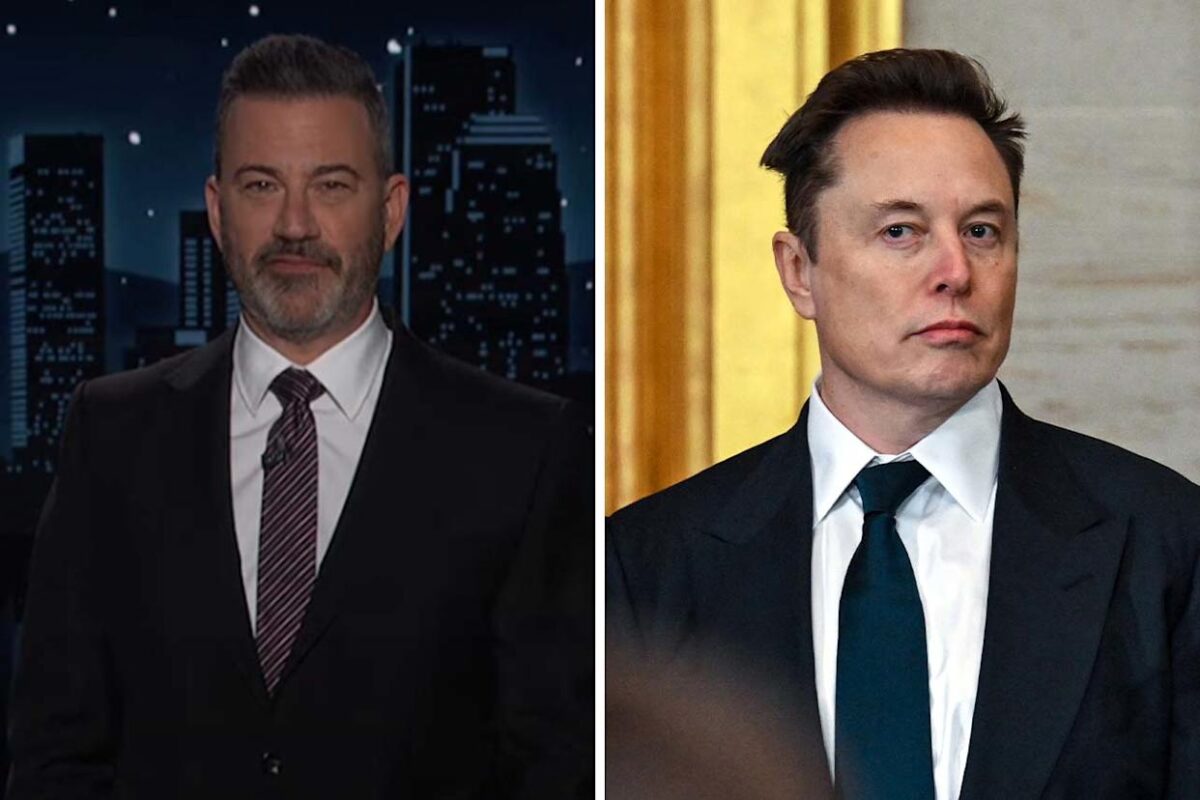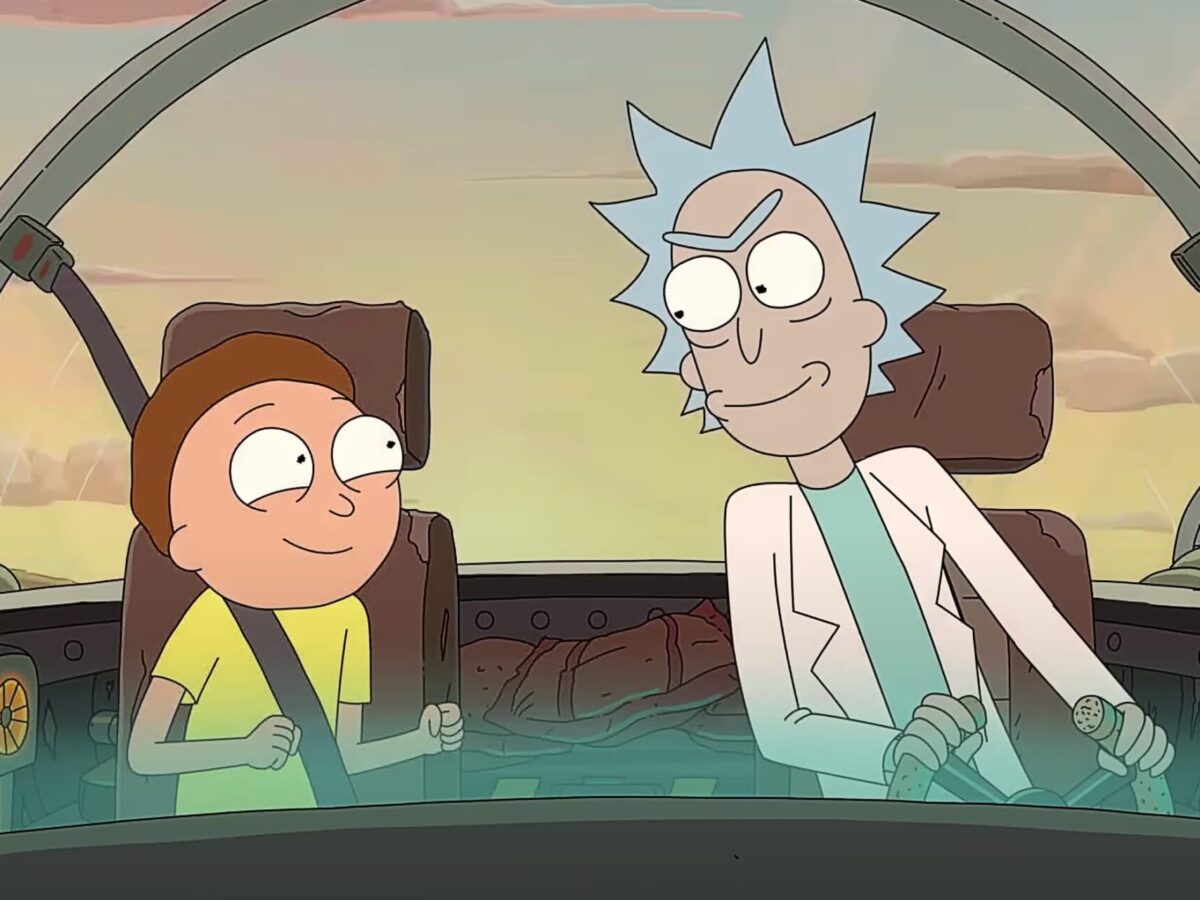In the ever-surreal landscape of American late-night TV, few figures have become more consistent material than Elon Musk. And few hosts enjoy that material more than Jimmy Kimmel. With a career spanning over two decades, Kimmel has skewered presidents, pop stars, and CEOs alike, but his ongoing comedic feud with Musk has taken the genre of monologue satire to a whole new dimension.
On a recent episode of Jimmy Kimmel Live!, the host expressed visible bewilderment over a Wall Street Journal report claiming that Musk allegedly uses Twitter not just for memes or company updates but also to recruit women to have his children. According to the outlet, these arrangements include non-disclosure agreements and financial compensation. The revelation gave Kimmel rich fodder, joking, “Who said romance is dead?”
Musk’s Reproductive Crusade and the Comic Gold It Yields
Kimmel didn’t stop at snide commentary. He went full tilt into absurdist parody, suggesting that Musk might actually be giving birth himself, referencing a shirtless photo of the SpaceX founder. He continued, “You’ve heard of Alien vs. Predator? Elon may be both.”
The story struck a particular nerve, not just for its content but for the strange moral universe it suggests Musk inhabits. For the comic, this wasn’t just another tech billionaire making eccentric headlines. This was a man on a self-declared mission to counteract declining birth rates—an issue Musk has cited as a dire threat to humanity.
Kimmel’s response? A jab that only late-night TV could deliver: “Go to Costco on a Saturday. The population is fine.”
The Supervillain Narrative Finds a New Face
It’s not the first time Musk has been cast in the role of a comic-book antagonist. On the same night, Kimmel read aloud what he claimed was an actual message Musk sent to one of these women, in which the entrepreneur referred to building a “legion” in preparation for the apocalypse. To which Kimmel deadpanned, “He sounds less like a dad and more like Sex Luthor.”
The joke echoes earlier digs made by Stephen Colbert, who once told Musk to his face that he was flirting with “supervillain status.” That quip was delivered when Musk was still being lauded as a tech messiah, a far cry from the controversial Twitter owner he is today. And yet, the line between satirical exaggeration and plausible reality seems to blur more with every headline.
Beneath the Jokes: A Pop Culture Flashpoint
Satire has long served as both entertainment and social commentary. In this case, it’s also a litmus test for how public opinion is evolving around Musk. Once a media darling for his innovations in space travel and electric cars, Musk now appears increasingly entangled in culture wars, digital misinformation, and controversial political alliances.
Kimmel ended the segment with a mockingly sympathetic take: “It’s kind of sweet, I guess. Elon loves babies. I mean, he spent $300 million to get one elected president, he loves them so much.”
The joke was a callback to Musk’s political donations and his alleged influence in U.S. electoral politics, a final note that blended humor with sharp critique. As the audience laughed, the deeper message was clear: in a world where tech titans blur the lines between genius and menace, satire might be the last honest mirror we have.













